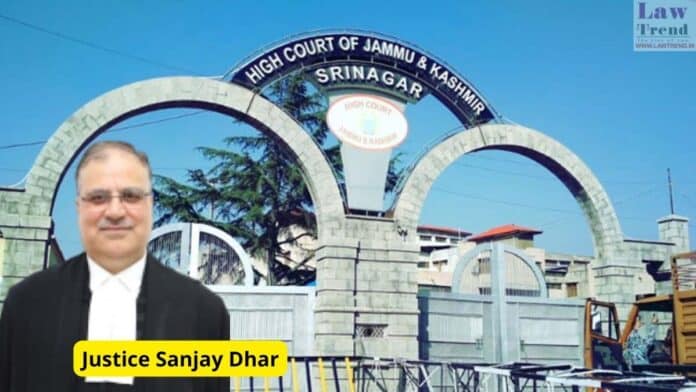In a significant ruling, the Jammu & Kashmir and Ladakh High Court has dismissed a review petition filed by Pervaz Ahmad Parra, who sought to overturn a previous judgment upholding his termination from service due to a prolonged unauthorized absence. The court, presided over by Justice Sanjay Dhar, concluded that the review petition lacked merit
To Read More Please Subscribe to VIP Membership for Unlimited Access to All the Articles, Download Available Copies of Judgments/Order, Acess to Central/State Bare Acts, Advertisement Free Content, Access to More than 4000 Legal Drafts( Readymade Editable Formats of Suits, Petitions, Writs, Legal Notices, Divorce Petitions, 138 Notices, Bail Applications etc.) in Hindi and English.




